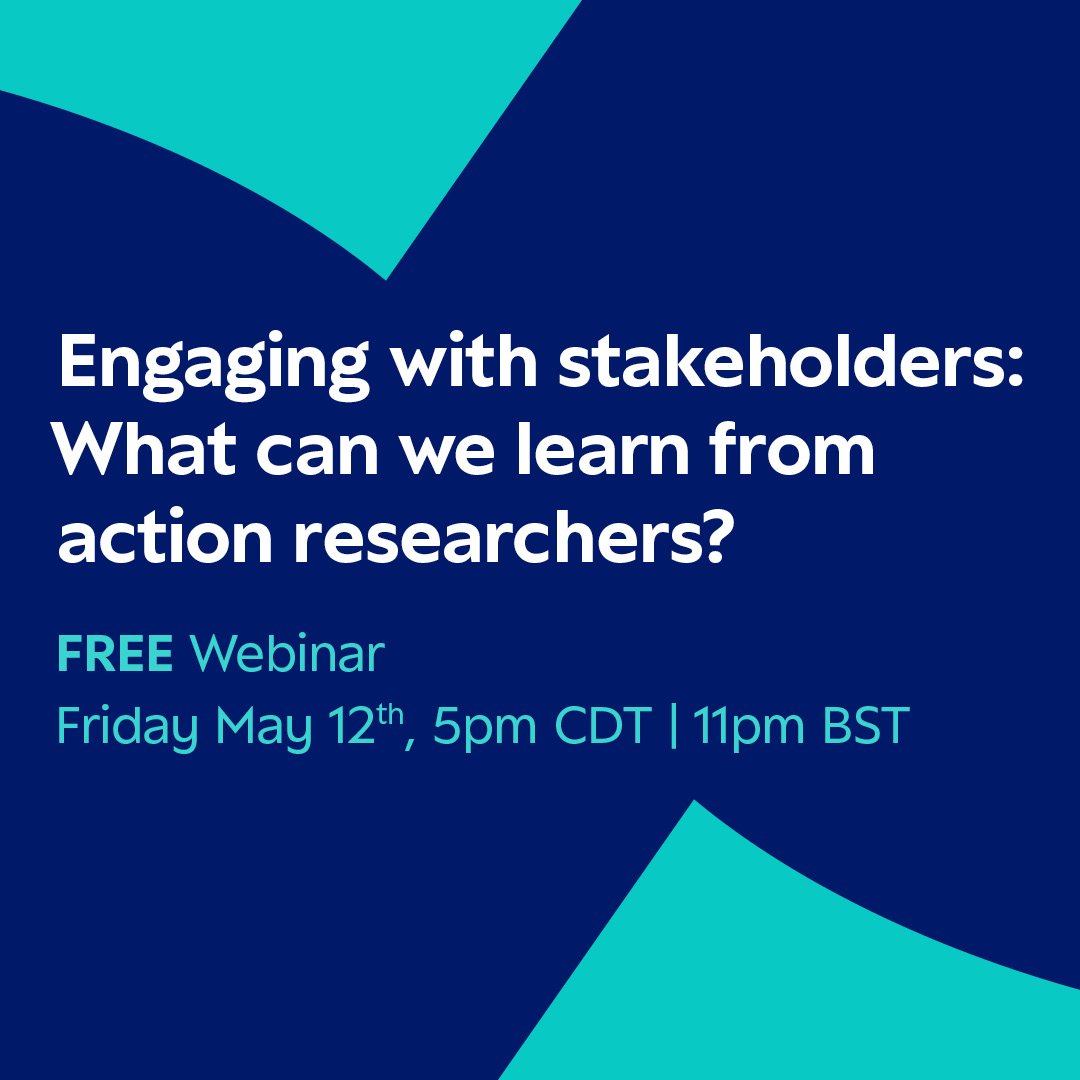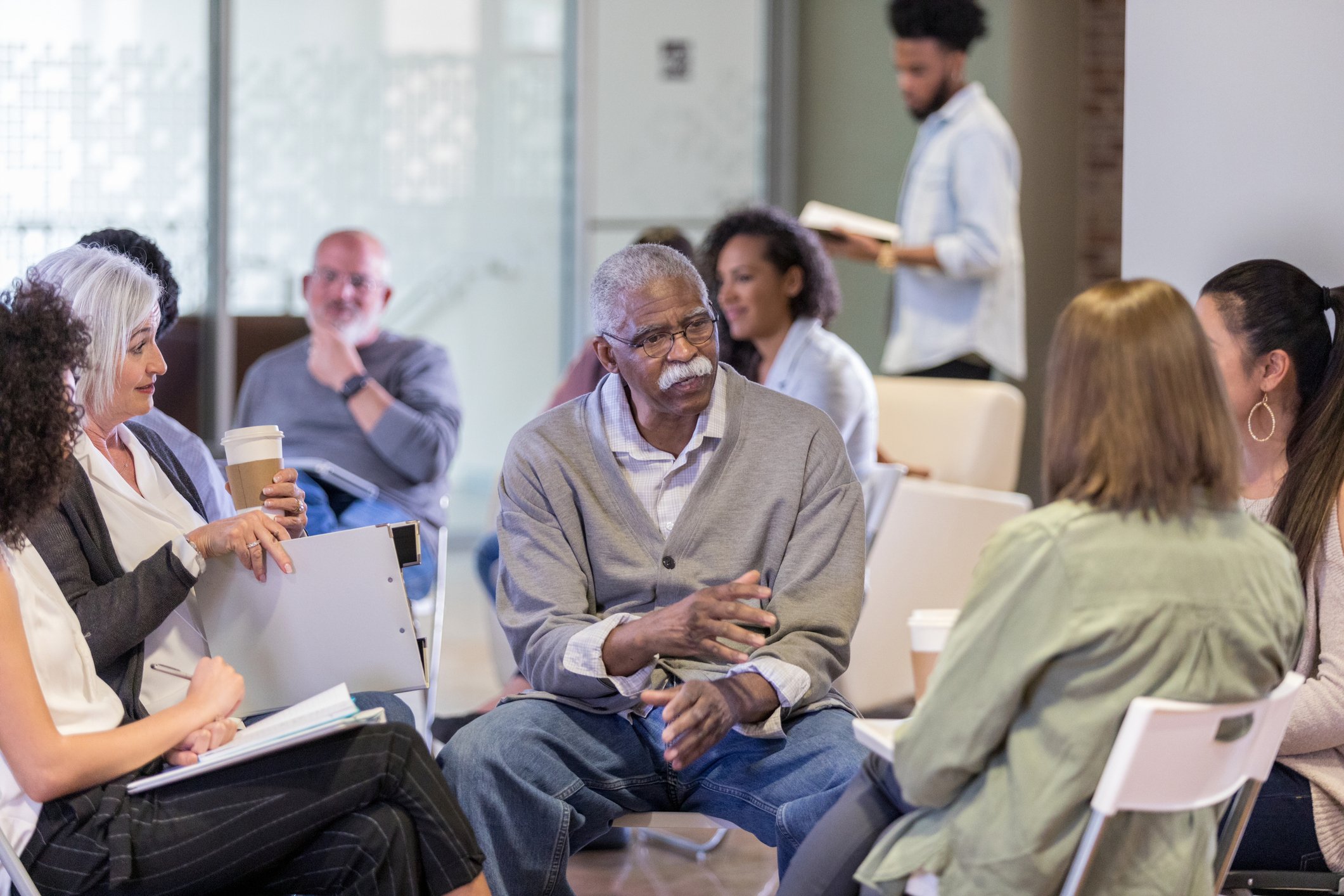Action research for student teachers … not as neat a tidy as we might hope
by Colin Forster, University of Gloucestershire and Rachel Eperjesi, University of Gloucestershire, co-authors of the second edition of Action Research for Student Teachers. Use the code MSPACEQ323 for a 20% discount when you purchase the book, valid through September 2023.
Learning to teach is not an easy process.
There are many new ways of thinking, ways of talking and ways of doing that need to be learnt: the phrasing of questions, the tone of voice, the speed of speech and the use of pauses, the explicit use of precise vocabulary, sharing information in a well-planned and well-structured way, the use of technology and other teaching resources, the role of children in the classroom, the ownership of children as learners, the use of feedback, the use of body language, the quality and presentation of handwriting, the modelling of expectations, the celebration of successes, and the development of the secure subject knowledge required to teach (and this is not an exhaustive list).
It is in this context that the action research methodology is commonly used in Initial Teacher Education. Action research allows student teachers to focus on just one element of their practice at a time and use first-hand evidence as the basis for evaluating the quality of their teaching and the impact on children or young people’s learning.
One important thing to say about action research: it’s not what some people think! It’s not doing an action and seeing what happens. It’s researching your own actions, using evidence about your teaching and its impact to help you evaluate the detail of your practice and make improvements as a result.
Challenges of action research
Action research can sound deceptively simple: identify a problem or an element of your practice that you want to improve, develop a plan for gathering evidence about your teaching, give it go, evaluate your practice and then start the cycle again.
In reality, though, things can be more complex, as a student teacher is trying to get to grips with a lot of other stuff while undertaking their action research.
And that’s where our text book comes in: Action research for student teachers aims to be a simple and accessible guide to undertaking your first action research project and helps student teachers through some of the tricky elements of the process. For example, identifying a suitable focus is not quite a straightforward as it might sound. Many student teachers initially try to identify a focus that is more of a research topic rather than an aspect of their teaching that they can research. It’s important that they stay focused on a central aspect of their teaching, such as questioning, explanation, assessment, feedback or modelling and keep in mind that they are not trying to prove anything, but rather just trying to improve their teaching.
Catching words
One challenge that student teachers find is that much of what happens in the course teaching is hard to ‘capture’ in the form of data. The many interactions that take place every day between teachers and children might be thought of as ‘transient data’ that easily slips away, unless the student teacher has developed a plan to capture their words, and those of the children or young people, through audio-recording or careful notetaking.
Hattie (2012, p.189) advises teachers: ‘know thy impact’. This is central to action research: it doesn’t matter how well you think you’ve explained or questioned or given feedback if it hasn’t made a difference to the children’s learning. But working out this impact isn’t that easy. We can never know what children have learnt, but we can use evidence to try to understand the impact of our teaching on their learning. Careful observation of children’s responses and analysis of their written work or spoken words can help us to understand whether we are getting our teaching ‘about right’ and help us identify specific ways in which we might improve our practice.
There are also many ethical challenges for student teachers to navigate when undertaking action research: there are obvious issues around gatekeeping, informed consent, confidentiality and anonymity, and also more subtle issues. Some student teachers want to interview children to ask them about their teaching and its impact on learning. This is not recommended, as it puts the children in a difficult position and, from a methodological point of view, they are only likely to tell the student teacher what they want to hear.
Layered evaluation: Three layers
Student teachers sometimes wonder about when would be the best time to evaluate their teaching. We advocate they do it as soon as possible after they have finished a lesson, again when they have gathered some more information about the lesson and its impact on the children’s learning and again when they are writing up their action research study as an assignment. As far as we are concerned, it’s never too late to evaluate.
Action research is not straightforward and there are many complexities involved with researching your own practice. BUT, many student teachers report that the process has enabled them to analyse and evaluate the detail of their teaching and, as a result, engaging with action research has a transformative impact on their developing practice (Forster, Penny and Shalofsky, 2019).
References
Forster, C. and Eperjesi, R. (2021) Action research for student teachers 2nd edn, London: SAGE.
Forster, C., Penny, J. & Shalofsky, R. (2019) ‘Questioning the role of questions: new primary teachers’ realisations of over-reliance on questions in scientific dialogue’, Practice: Contemporary Issues in Practitioner Education, 1(2), pp. 173-85. https://doi.org/10.1080/25783858.2019.1659637
Hattie, J. (2012) Visible Learning for Teachers: Maximizing Impact on Learning. Abingdon: Routledge.
Thanks to Dave Brookes for the excellent pictures, which are all taken from Action research for student teachers by Colin Forster and Rachel Eperjesi.


































Qualitative data analysis varies by methodology. Learn about approaches for action research in these open access articles.